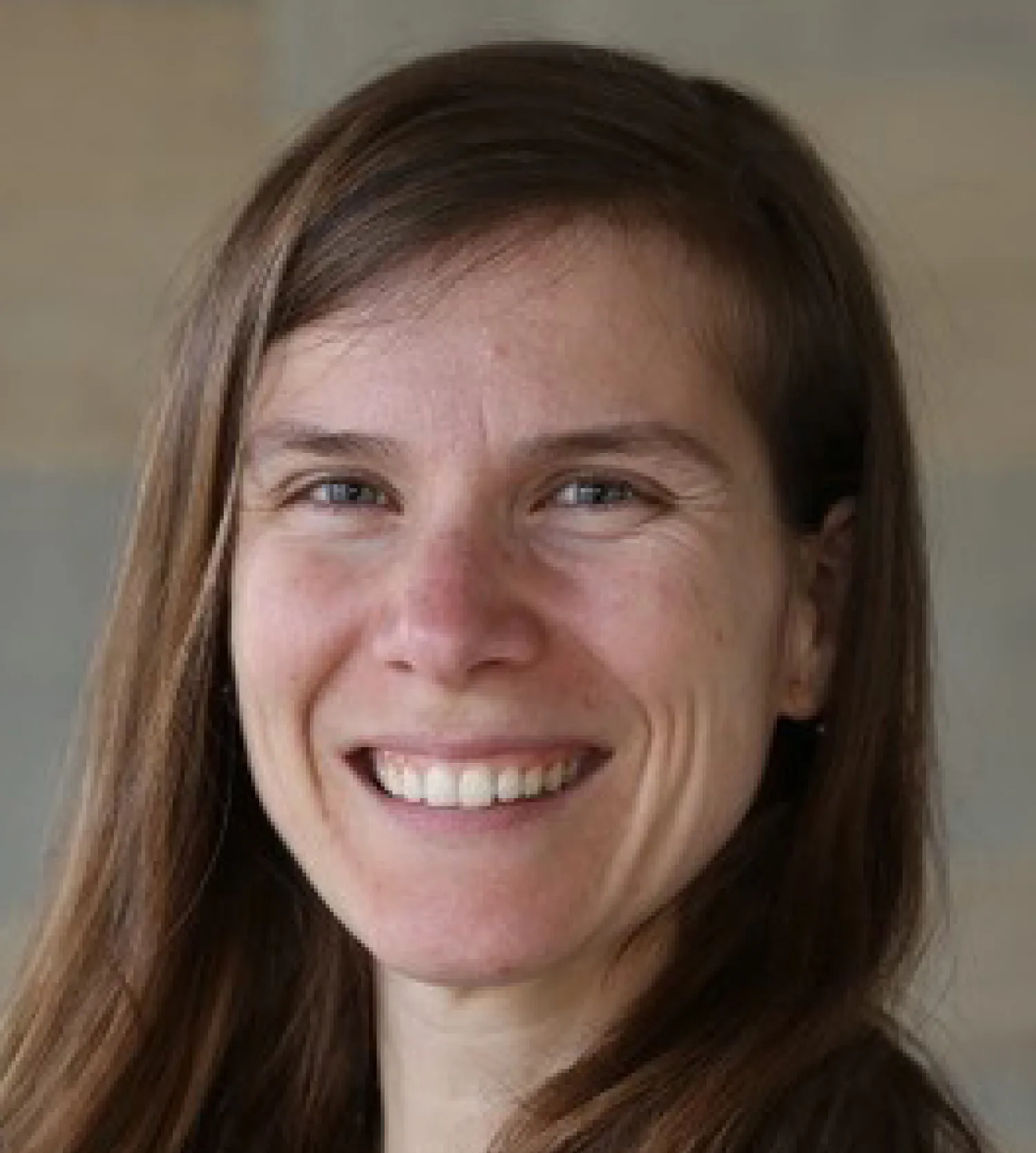Federica Genovese is Professor of Political Science and International Relations at the University of Oxford.
She joined St Antony's College and the Department of Politics and International Relations at the University of Oxford in January 2024.
Her research focuses on international and comparative political economy, with particular attention to climate politics and policy, globalisation, redistribution and the politics of crises in Europe, but not exclusively.
In 2024 she received a Philip Leverhulme Prize "aimed at researchers at an early stage of their careers whose work has had international impact and whose future research career is exceptionally promising."
Can you tell us a little about your role in DPIR?
I joined DPIR in January 2024, and I have been fully involved in the teaching and research life of the department since then. I teach European as well as broader comparative and international relations seminars in various programs. I supervise various postgraduate students, mostly interested in environmental, energy and climate politics. I am also the lead PI of a multi-year Leverhulme Trust project where I supervise a team of postdoctoral researchers.
What inspired you to become part of DPIR?
DPIR is one of the most ambitious and visible political science departments around the world, home of many diverse researchers and host of so many excellent students. After 9 years at the University of Essex, I felt ready for a change and challenge within the UK academic landscape, and I thought there was no better place than Oxford for that.
Can you tell us a little more about your research?
I would define myself as a political economist and my work is at the crossroad of comparative political science and international relations. At DPIR, I have been working on the political implications of economic crises, and specially climate change, in Europe and the Global South specifically. Most of my work at this stage is cooperative and my research draws on multiple funded collaborations.
Last year, you recently received a Philip Leverhulme Prize - how has this award impacted your research?
I think the Prize is mainly retrospective, meaning that I was awarded this on the premise of the work I have done in the past decade. So far, I have been enjoying that recognition and the connections with other Philip Leverhulme prize winners. I hope to use the prize's resources to continue working on the political economy of climate change, diving more deeply into an understanding of how private companies will position themselves in the post-2025 era of the energy transition.
How important do you see your role in advocating for and encouraging early career researchers at DPIR?
I this it is hugely important. I am persuaded that research and scientific endeavours increasingly require significant team efforts, and in that perspective, I strongly believe that collaborating with junior researchers is critical, for science and the success of new generation of scientists. I am keen to actively work and possibly co-write with my junior supervisees.
Can you describe how Early Career Researchers can mature and develop at DPIR?
DPIR provides so many opportunities for exchange between staff and ECRs and, crucially, between ECRs themselves. We host a large number of visitors every term and organise a multitude of seminars and talks every week. Most colleagues also believe in the idea of “supervising by cowriting” so ECRs here can learn by working directly with a lot of us more senior faculty.
Can you tell us a little more about your climate research in the Global South and your Leverhulme grant?
Since January 2024, I am the lead researcher in a multiyear Leverhulme-funded team project on “climate vulnerability". We seek to map what climate vulnerability looks like, and especially what various types of climate change-related risks do to the politicisation of climate change in the Global South. My team of excellent postdocs and I (plus an array of RAs) have been working on measuring ecological and socioeconomic vulnerability in large emerging nations. We spent the first year doing some heavy lifting with observational data collection. In 2025 we will travel to Brazil and Indonesia to conduct fieldwork.
What piece of advice or message would you give to prospective DPIR early career researchers?
Whatever your background, if you are ambitious and want to be challenged, reach out and apply the programme. DPIR is always looking for talent.



